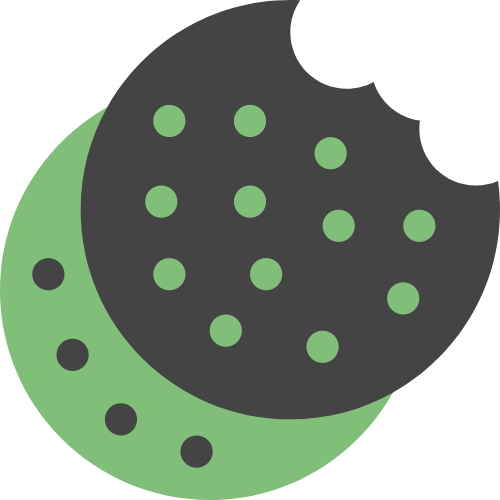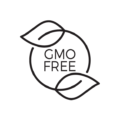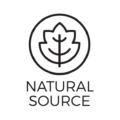- Getting Started
-
by k.mammasis
Foods for your Genes
Nutrients can influence gene activity in several ways, including through epigenetic modifications and transcription factor activation.
Epigenetic modifications are changes to DNA that do not alter the underlying genetic code but instead modify the way that genes are expressed. These modifications can be influenced by nutrients, with certain nutrients acting as “methyl donors” or “demethylators” that can add or remove methyl groups from specific regions of DNA. Methylation can influence whether a particular gene is turned on or off, and can thus impact gene activity.
In addition to epigenetic modifications, nutrients can also influence gene activity by activating transcription factors. Transcription factors are proteins that bind to specific regions of DNA and regulate gene expression. Some nutrients can bind to transcription factors and activate them, leading to changes in gene expression and activity.

Omega-3 fatty acids and gene activity
For example, dietary fats such as omega-3 fatty acids have been shown to activate transcription factors involved in regulating inflammation and oxidative stress, leading to changes in gene expression that can reduce the risk of chronic diseases such as heart disease and cancer. Overall, nutrients can have a profound influence on gene activity, and consuming a balanced diet that includes a variety of nutrient-rich foods can help to support optimal gene expression and overall health. For this reason, we researched and developed what we now consider as the epitome of functional foods. These foods are not only able to deliver some very important nutrients in the optimum way, but they additionally offer you a list of extremely healthy bioactive compounds with the capacity to heal. This is what we termed as, Food for your Genes.














